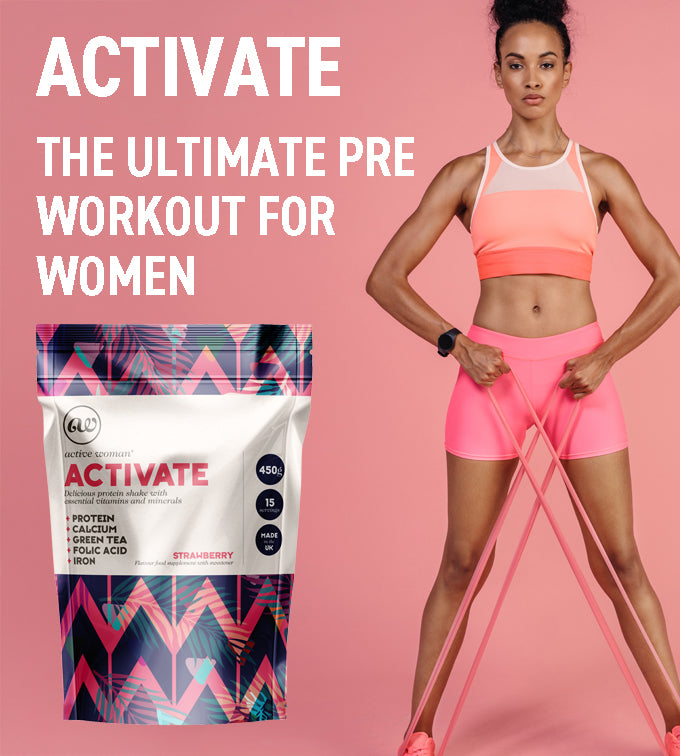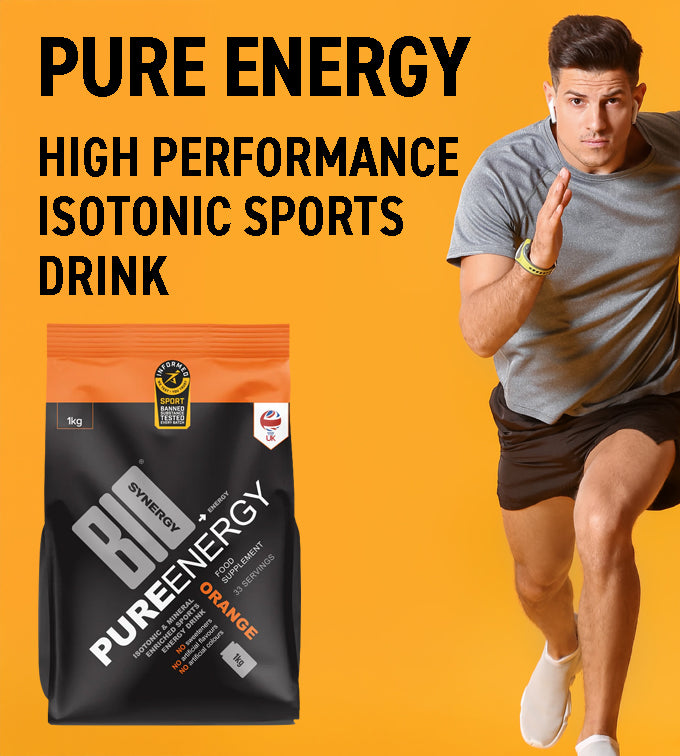With the Tour De France fast approaching a recent study has been undertaken to explore the benefits of creatine supplementation for both elite and amateur cyclists.
The details of the study and results are detailed below.
There are a number of myths surrounding creatine, notably that it is only suitable for strength athletes and gym workouts, where it is already recognised as one of the most effective supplements.
In fact, we developed Creatine Boost a combination of creatine monohydrate, l-glutamine and electrolytes in 1998! Specifically, for cyclists, triathletes and endurance athletes.
This study, as we have contended since 1997 confirms that creatines benefits go beyond the gym and that it’s benefits are wide ranging and should be incorporated as part of your training and supplement regime.
Male recreational cyclists who received creatine and electrolyte supplementation exhibited increased power during a short-duration cycle sprint when researchers measured their performance using a Velotron ergometer, according to a study published last week in the Journal of the International Society of Sports Nutrition.
Participants supplemented with the placebo, on the other hand, exhibited no such improvement.
“The increase in peak power output observed in this study is the first time a significant increase in overall and repeated peak power output has been observed during sprint cycling following creatine-electrolyte supplementation,” the researchers from Western Washington University wrote in the report.
Study details
The design was randomized, double-blind, and placebo-controlled. Twenty-five male recreational cyclists between the ages of 19-33 were included. They were screened for conditions that could affect creatine absorption or metabolism.
Participants were then divided randomly into two groups given either the supplement or placebo. The supplement contained 4 g of creatine monohydrate combined with electrolytes (114 mg sodium chloride, 171 mg calcium chloride, 286 mg magnesium chloride, and 171 mg sodium chloride) per day.
Baseline data collection was conducted at the beginning of the study. During this time, participants performed five short-duration cycle sprints with two-minute rests between each. Intervention period lasted for six weeks, in which the participants took their daily dose of supplement or placebo, before another cycle test is conducted at the end of the period.
Results
The participants supplemented with creatine and electrolytes showed a 4% increase in overall peak power and a 5% increase in overall mean power from baseline to the end of the study.
Meanwhile, for the placebo group, no differences were observed in overall peak and overall mean power.
The postulated mechanism is that creatine monohydrate supplementation improved peak and mean power output during sprint cycling, and the electrolytes further improve creatine and the ergogenic effect.
But with the present study, the researchers argued it to be the first time “a significant increase in overall and repeated peak power output has been observed during sprint cycling following creatine-electrolyte supplementation.”
Results in detail
A supplement-time interaction showed a 4% increase in overall peak power (pre: 734 ± 75 W; post: 765 ± 71 W; p = 0.040; ηp2 = 0.187) and a 5% increase in overall mean power (pre: 586 ± 72 W; post: 615 ± 74 W; p = 0.019; ηp2 = 0.234) from pre- to post-supplementation for the CE group. For the P group, no differences were observed in overall peak (pre: 768 ± 95 W; post: 772 ± 108 W; p = 0.735) and overall mean power (pre: 638 ± 77 W; post: 643 ± 92 W; p = 0.435) from pre- to post-testing. For repeated sprint analysis, peak (pre: 737 ± 88 W; post: 767 ± 92 W; p = 0.002; ηp2 = 0.380) and mean (pre: 650 ± 92 W; post: 694 ± 87 W; p < 0.001; ηp2 = 0.578) power output were significantly increased only in the first sprint effort in CE group from pre- to post-supplementation testing. For the P group, no differences were observed for repeated sprint performance.
Source: Journal of the International Society of Sports Nutrition
Published online, https://doi.org/10.1186/s12970-018-0226-y
Creatine-electrolyte supplementation improves repeated sprint cycling performance: A double blind randomized control study
Authors: Daniel L. Crisafulli, Harsh H. Buddhadev, Lorrie R. BrillaEmail author, Gordon R. Chalmers, David N. Suprak and Jun G. San Juan
https://jissn.biomedcentral.com/articles/10.1186/s12970-018-0226-y







